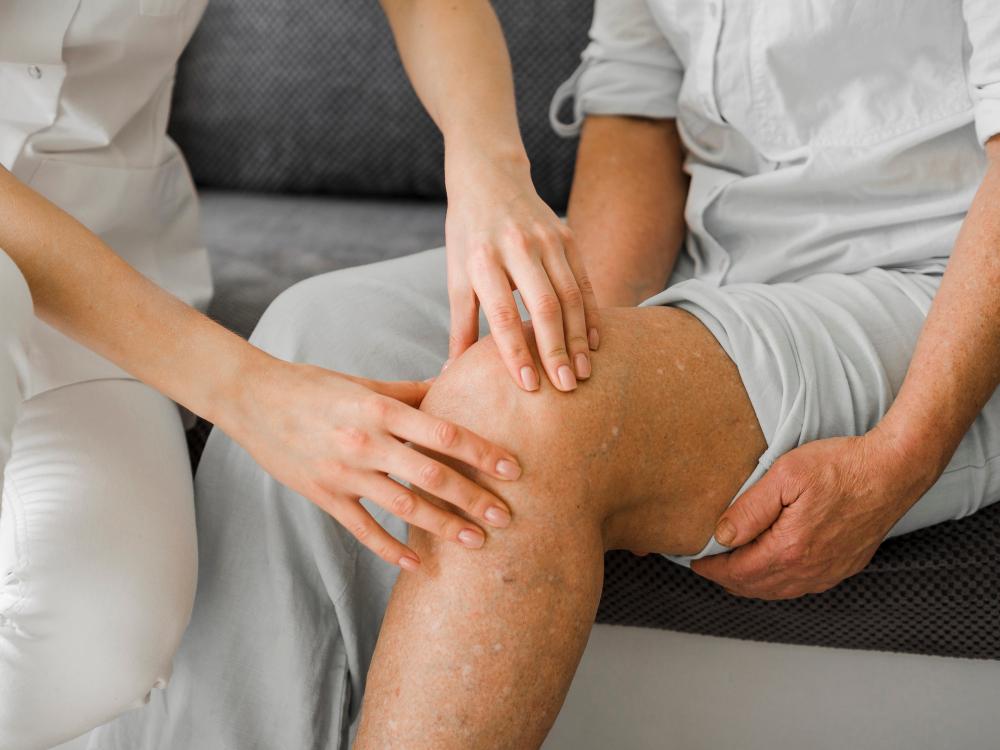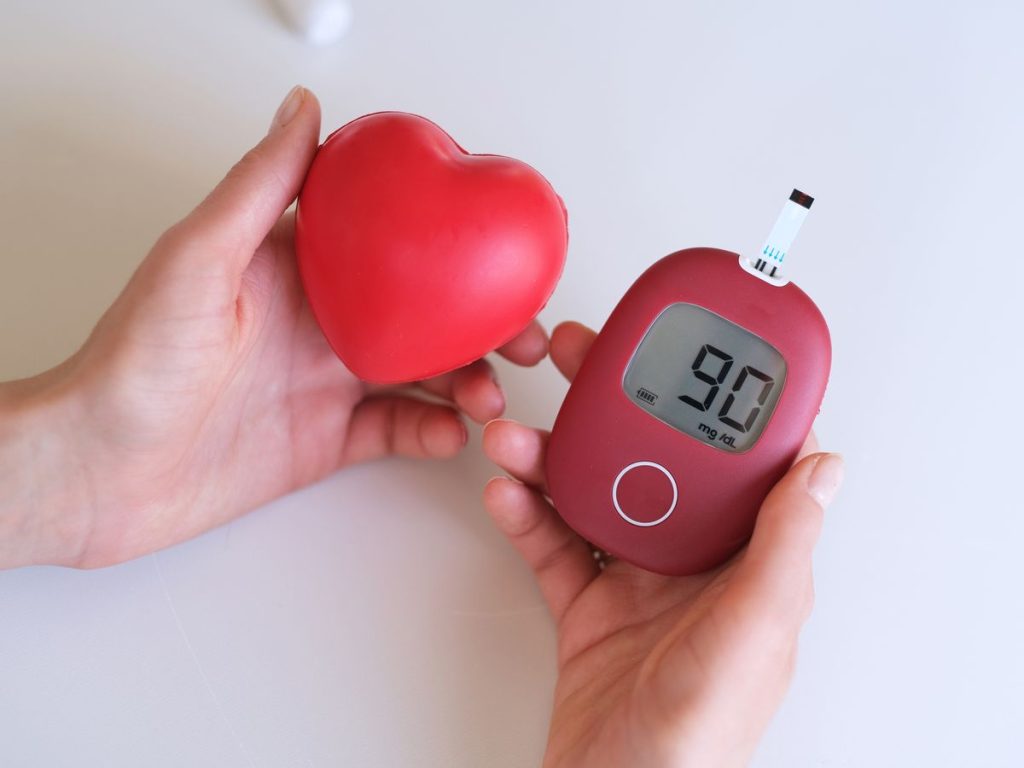
Polycystic Ovary Syndrome (PCOS) and Polycystic Ovary Disorder (PCOD) have silently emerged as one of the fastest-growing hormonal disorders among teenage girls. What was once seen mainly in women of reproductive age is now increasingly being diagnosed in adolescents — making it a global health concern.
At Oxford Hospital, Jalandhar, our team of specialists focuses on early diagnosis, lifestyle guidance, and evidence-based treatment to help young girls regain hormonal balance and confidence.
What is PCOS/PCOD?
PCOS (Polycystic Ovary Syndrome) and PCOD (Polycystic Ovary Disorder) are hormonal imbalances affecting the ovaries. In both conditions, the ovaries produce excessive androgens (male hormones), which disrupt normal ovulation and lead to small cyst formations.
While PCOD refers to the presence of multiple immature eggs in the ovaries, PCOS is a more severe metabolic and hormonal condition that affects the entire endocrine system.
These imbalances cause irregular periods, acne, hair growth on unwanted areas, and fertility issues in the long run.
At Oxford Hospital, our gynecology experts educate patients and parents about the difference and guide them toward proper management plans.
Why is PCOS Rising Among Teenagers?
The sharp increase in PCOS/PCOD cases among teenage girls can be linked to modern lifestyle factors and environmental changes:
- Unhealthy Eating Habits: Increased intake of junk food, sugary beverages, and processed snacks leads to hormonal disruption and weight gain.
- Lack of Physical Activity: Hours spent on mobile phones or computers reduce physical movement, lowering metabolism and increasing insulin resistance.
- Stress and Academic Pressure: Emotional stress during adolescence interferes with hormonal balance, especially cortisol and insulin.
- Obesity: Excess fat tissue contributes to higher estrogen and insulin levels, worsening PCOS symptoms.
- Sleep Deprivation: Irregular sleep cycles disturb the body’s natural hormonal rhythm.
Recognizing these risk factors early and correcting them can drastically reduce the likelihood of developing PCOS.
Common Signs and Symptoms of PCOS/PCOD in Teenagers
Awareness is the first step toward prevention. Some common warning signs parents and teens should look out for include:
- Irregular or Missed Periods: Periods may come late, skip months, or last for very long durations.
- Excessive Hair Growth: Increased facial hair on the chin, upper lip, or body is a sign of androgen excess.
- Severe Acne and Oily Skin: Hormonal imbalance triggers persistent breakouts and skin issues.
- Weight Gain or Difficulty Losing Weight: Even with diet control, weight loss becomes challenging due to insulin resistance.
- Hair Thinning: Hair loss or thinning at the crown area is another hormonal indicator.
- Mood Swings and Anxiety: Hormones directly affect mental health, leading to emotional ups and downs.
- Dark Patches on Skin: Areas like the neck, underarms, and groin may darken due to insulin imbalance (acanthosis nigricans).
If your teenager is showing two or more of these signs, it’s crucial to consult a gynecologist for a proper diagnosis.
Health Risks if PCOS is Left Untreated
Ignoring PCOS during adolescence can result in serious long-term health issues, including:
- Infertility: Untreated PCOS can lead to anovulation (no egg release) and fertility problems later in life.
- Type 2 Diabetes: Insulin resistance increases the risk of developing diabetes.
- High Blood Pressure & Cholesterol: Hormonal imbalances affect heart health and increase cardiovascular risk.
- Endometrial Problems: Irregular periods can cause thickening of the uterine lining, leading to complications.
- Mental Health Disorders: PCOS is strongly linked to depression, anxiety, and low self-esteem.
Hence, early medical management and lifestyle correction are the best defenses.
Diagnosis and Treatment at Oxford Hospital, Jalandhar
At Oxford Hospital, we emphasize comprehensive evaluation and holistic care for teenage PCOS management. Our expert doctors follow a personalized approach that includes:
1. Detailed Medical Evaluation & Hormonal Testing
We begin with a complete physical examination, blood tests to assess hormone levels, and ultrasound imaging to check ovarian health.
2. Nutrition and Diet Counseling
A balanced diet rich in fiber, lean protein, and essential fats is recommended. Our nutritionists guide teens to cut down refined carbs and sugary foods while maintaining steady blood sugar levels.
3. Exercise and Lifestyle Management
Regular workouts, yoga, and breathing exercises improve insulin sensitivity and help in maintaining a healthy weight.
4. Safe and Individualized Medical Treatment
If necessary, hormonal therapies or medications like metformin and oral contraceptives are prescribed under medical supervision to regulate periods and hormonal levels.
5. Emotional and Psychological Support
Since PCOS affects body image and mood, Oxford Hospital also provides counseling sessions to help teenagers overcome emotional distress and build confidence.
This multi-disciplinary approach ensures that each girl receives care suited to her specific needs.
Empowering Teenagers for a Healthier Future
At Oxford Hospital, we believe awareness is the strongest weapon against PCOS.
Our goal is to educate young girls and their parents about hormonal health and the importance of early medical care.
By adopting a balanced diet, exercising regularly, and seeking timely help, teenage girls can prevent complications and lead healthy, confident lives.
Conclusion: Early Intervention Makes All the Difference
PCOS/PCOD in teenagers is truly an upcoming epidemic, but it’s not unmanageable.
With early diagnosis, lifestyle modifications, and expert care, every girl can regain control over her health and future.
If your teenager is experiencing symptoms of PCOS/PCOD, reach out to Oxford Hospital, Jalandhar, for specialized guidance and treatment from trusted experts in women’s health.
📍 Oxford Hospital
305, Lajpat Nagar, Near Nakodar Chowk, Jalandhar (144 001) PB, India
📧 info@oxfordhospital.co.in
📞 +91 98550 00028
🌐 www.oxfordhospital.co.in


